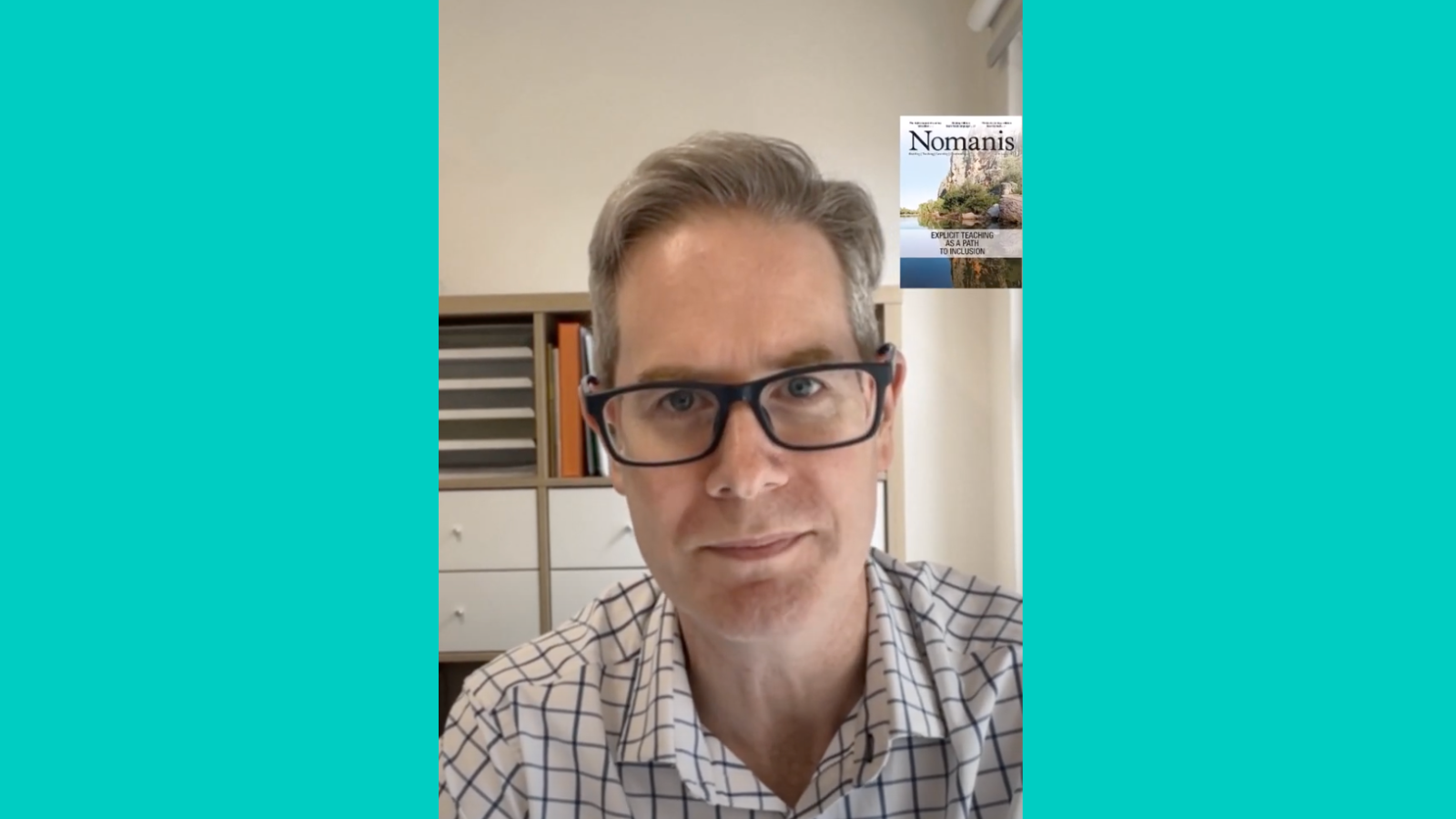So the latest issue of Nomanis has been published by MultiLit. And I’m thrilled it includes an article by me!
It’s about preschoolers and school-age children – and how we can help them learn ‘book language’.
It’s based on lots of research, including the work of Professor Kate Nation and her team at Oxford University.
Compared to everyday speech, words used in books tend to be fancier and longer.
Sentences tend to be more complex and varied, too.
Reading books with children helps them to encounter new words and language structures, and promotes oral language development. This, in turn, supports later reading comprehension.
Some children need extra help, including kids at risk of language disorders and dyslexia.
For these students, we need a three-track strategy to help kids to:
- decode and read words;
- hear book language; and
- support participation at school, home, and out in the community.
Helping young children hear book language through shared reading can be a big help.
In my article, I include free resources to help at home and school, including free books lists and links to high quality audiobooks, tips for shared reading, and a lot more! Read it here.

Hi there, I’m David Kinnane.
Principal Speech Pathologist, Banter Speech & Language
Our talented team of certified practising speech pathologists provide unhurried, personalised and evidence-based speech pathology care to children and adults in the Inner West of Sydney and beyond, both in our clinic and via telehealth.



Leave a Reply